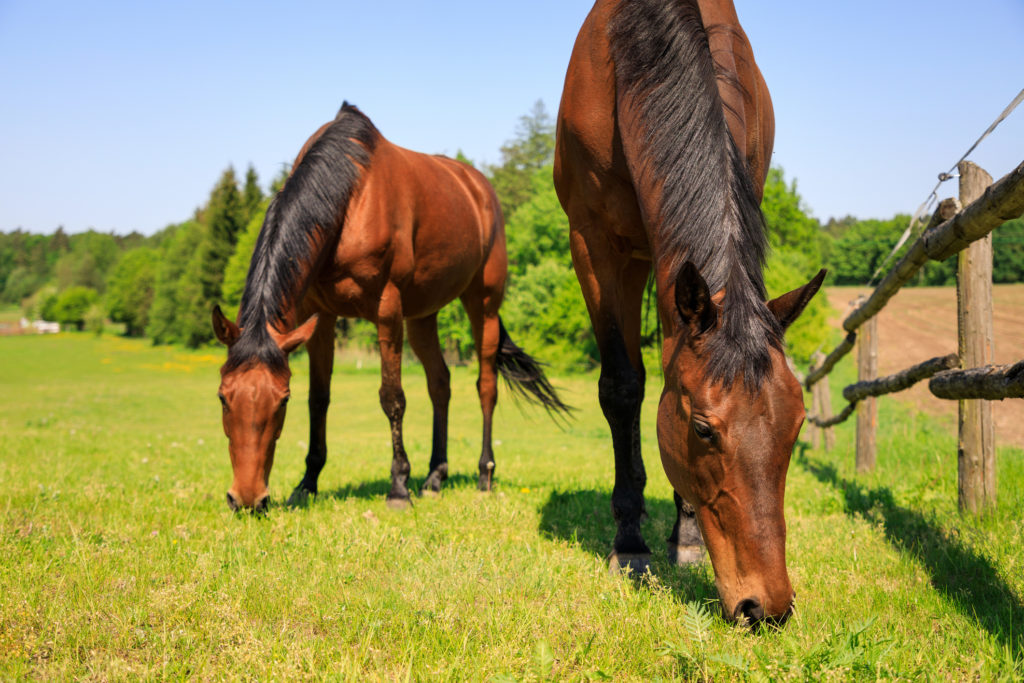Blister Beetles in Hay: Shop Smart to Reduce the Risk
Alfalfa hay is an excellent, high quality forage for horses, but it has the potential to attract blister beetles–toxic insects that can kill horses if ingested.
Blister beetles cause inflammation and blistering of the skin within hours


















